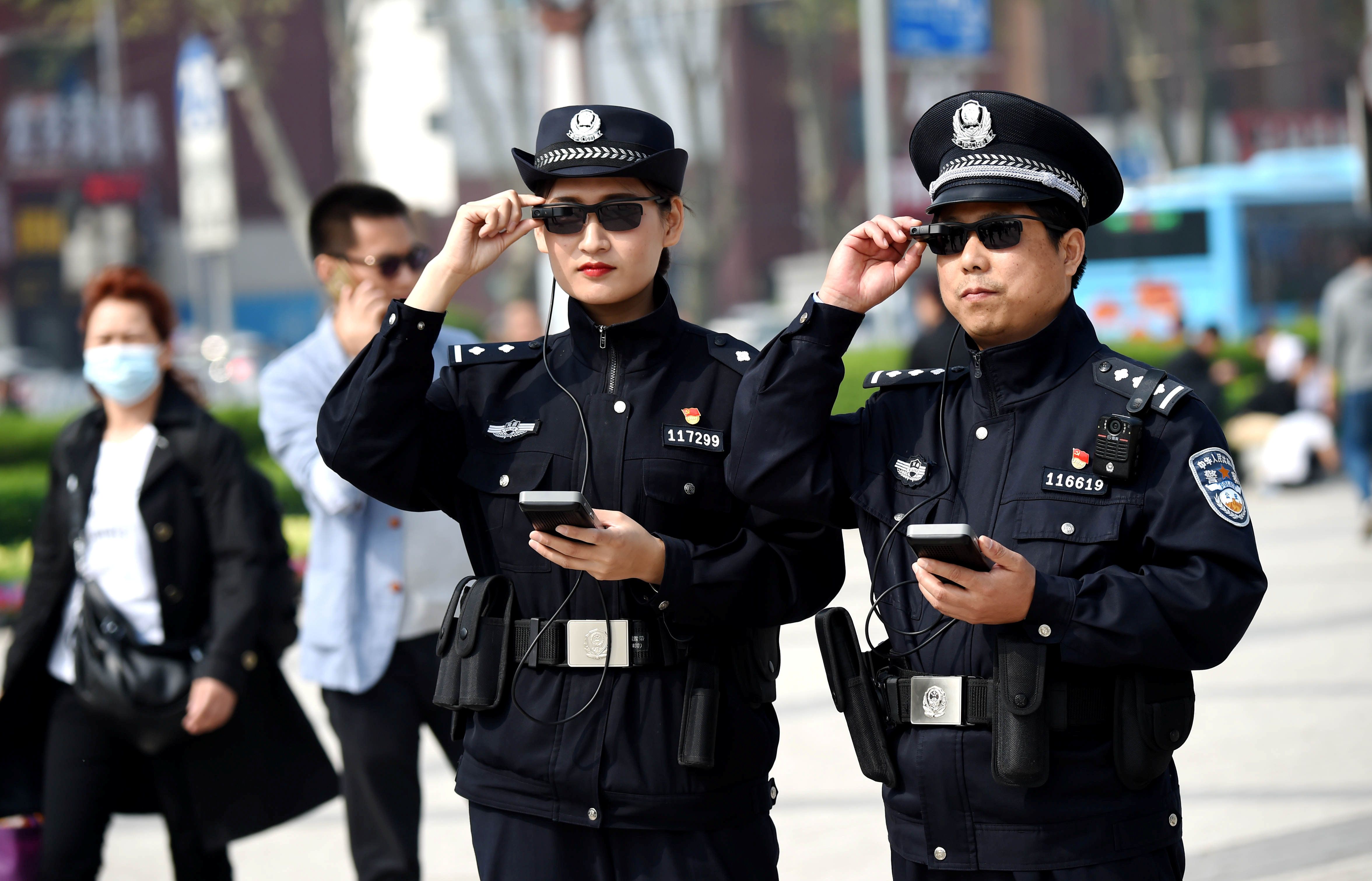In recent months an increasingly lively debate about online privacy has taken hold in an unexpected place - China. Yes, the same China that has grand ambitions for a “social credit system” that would reward and punish citizens based on what their on- and offline behavior tells the state about their civic virtues. But China’s hundreds of millions of internet users care about who has access to their personal data, and the government in Beijing is increasingly taking up their cause. Over the next 12 months, some key regulations will be hammered out to better protect online privacy. Paradoxical? Yes, but not if you look a little more closely at what kinds of privacy are at issue, and how the government sees the issue through a broader geopolitical lens.
First, Chinese internet users care more about fraud right now than about government snooping. Black markets in personal data are a growing problem in China – according to one recent survey cited in the Financial Times, 85 percent of respondents reported their information being misused. Beijing wants to get a handle on this pronto.
Meanwhile, the public pretty much accepts that the government can easily access citizens’ personal information – whether it’s scanning their faces with surveillance cameras or sifting through social media posts for verboten content – for reasons of public order and national security, minus the warrants that would typically be required in a democracy.
Beijing is looking for new ways to promote its home-grown internet companies abroad – and rein them in at home. Stronger privacy regulations for private sector firms allow China to do both: They increase the chance that privacy-sensitive Western consumers will warm to Chinese internet giants like Alibaba and Tencent as they take their web services global. They also give Beijing new levers of influence over a handful of large, influential companies whose access to giant data sets already means they probably have a better view into the state of the Chinese economy and public opinion than the bureaucrats in Beijing.
So when you read that China is developing strict new privacy regulations that rival those in Europe, keep in mind: it’s still privacy with Chinese characteristics.
